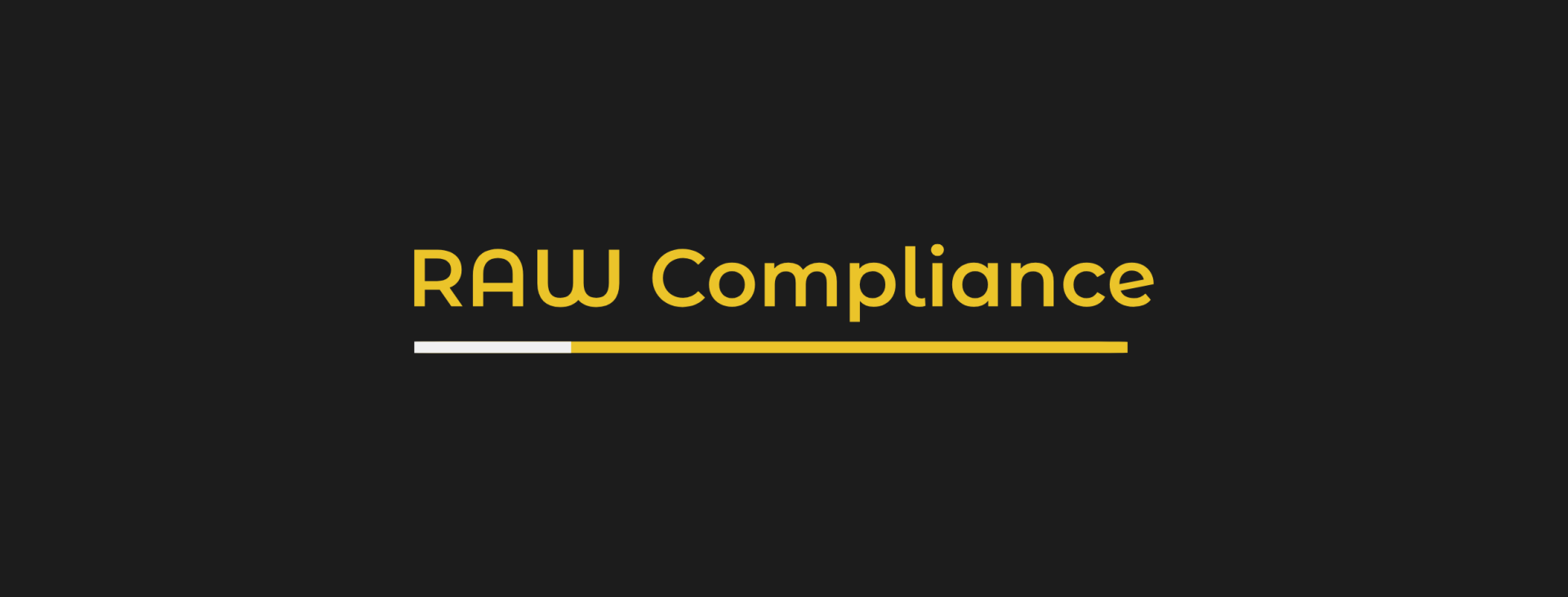CRFCC Certification - 2026
The Crypto Regulation and Financial Crime Compliance Certification (CRFCC) is an industry-leading program designed to empower professionals with the knowledge and skills necessary to navigate the complex world of cryptocurrency regulation and financial crime prevention.
This certification is tailored for compliance professionals, legal advisors, financial crime specialists, and cryptocurrency exchange operators who are keen to stay ahead in the rapidly evolving crypto landscape.
This certification is tailored for compliance professionals, legal advisors, financial crime specialists, and cryptocurrency exchange operators who are keen to stay ahead in the rapidly evolving crypto landscape.
Format
Virtual
Self-Paced
Self-Paced
Launch Date
January
2026
Duration
8 x 3 hour sessions
Released Weekly
Price
$599 USD
What you are going to learn
What the CRFCC can do for you?
c. Flexible Learning
Online Access: Study at your own pace with 24/7 access to course materials.
Modular Design: Focus on one module at a time to master each area thoroughly.
d. Career Advancement
Industry Recognition: Gain a certification that is recognized and respected globally.
Networking Opportunities: Connect with other professionals and expand your network.
e. Ongoing Support
Continuous Updates: Stay informed with the latest regulatory changes and industry trends.
Resource Library: Access a wealth of resources, including whitepapers, articles, and compliance tools.
Final Examination
Certification Exam: A comprehensive test covering all course modules to assess understanding and proficiency in crypto regulation and financial crime compliance.
Certification
Certification Award: Award of the CRFCC certification upon successful completion of the exam.
Course Content
Module 1: Introduction to Cryptocurrency and Blockchain Technology
-
Overview of Cryptocurrencies:
History and evolution, key cryptocurrencies (Bitcoin, Ethereum, etc.). -
Blockchain Fundamentals:
How blockchain works, types of blockchain (public vs. private), and consensus mechanisms. -
Cryptographic Principles:
Basics of cryptography, hashing, and digital signatures. -
Cryptocurrency and Blockchain Products:
Overview of key products and use cases.
Module 2: Regulatory Landscape for Cryptocurrencies
-
Global Regulatory Overview:
Key regulatory and oversight bodies across the globe (FATF, SEC,UK FCA, MAS, etc.), and their stance on cryptocurrencies. -
Country-Specific Regulations:
Detailed analysis of cryptocurrency regulations in major jurisdictions (USA, EU, Asia, etc.). -
Regulatory Compliance:
Understanding the requirements for compliance with crypto regulations and licensing.
Module 3: Anti-Money Laundering (AML) in the Crypto Space
-
AML Fundamentals:
Principles of AML, stages of money laundering, and key AML regulations. -
Crypto-Specific AML Risks:
Identifying and assessing AML risks unique to cryptocurrencies. -
AML Compliance Programs:
Designing and implementing effective AML compliance programs for crypto businesses.
Module 4: Know Your Customer (KYC) and Customer Due Diligence (CDD)
-
KYC Basics:
Importance of KYC, key components, and regulatory requirements. -
CDD Processes:
Conducting effective CDD and enhanced due diligence (EDD) for high-risk customers. -
KYC in Crypto:
Adapting KYC procedures to the cryptocurrency context.
Module 5: Transaction Monitoring and Suspicious Activity Reporting
-
Transaction Monitoring:
Understanding Blockchain Analytics - Techniques and tools for monitoring cryptocurrency transactions. -
Identifying Suspicious Activities:
Red flags and indicators of suspicious activities in crypto transactions. -
Reporting Requirements:
Regulatory requirements for suspicious activity reporting (SAR) and best practices.
Module 6: Risk Management in the Crypto Sector
-
Risk Assessment:
Conducting risk assessments specific to cryptocurrency businesses. -
Risk Mitigation Strategies:
Developing and implementing strategies to mitigate identified risks. -
Case Studies:
Analyzing real-world cases of financial crime in the crypto space.
Module 7: Regulatory Technology (RegTech) and Compliance Tools
-
Introduction to RegTech:
Overview of RegTech solutions and their applications in compliance. -
Crypto Compliance Tools:
Exploring tools and technologies for crypto compliance, including transaction monitoring software and blockchain analytics -
Implementation Best Practices:
Best practices for implementing and integrating compliance tools in crypto businesses.
Module 8: Legal and Ethical Considerations
-
Legal Framework:
Understanding the legal implications of operating in the crypto space. -
Ethical Issues:
Addressing ethical challenges and maintaining integrity in cryptocurrency operations. -
Regulatory Developments:
Staying updated on evolving regulations and industry standards.
Our Experts
Oonagh van den Berg is an award winning compliance officer with over 20 years’ experience in financial services.
She is one of the leading voices and trainers globally in compliance risk management and has built and led various compliance risk framework developments and teams across the industry for a diverse range of financial entities, including traditional banks, Fintechs, and Crypto firms.
Oonagh also regularly publishes global compliance industry thought leadership articles and leads global industry webinars, and is an recognised industry Subject Mater Expert and Influencer in her space.
She is also an advocate for ethical compliance leadership and framework development, with increased automation including AI and Machine Learning integration.
She is one of the leading voices and trainers globally in compliance risk management and has built and led various compliance risk framework developments and teams across the industry for a diverse range of financial entities, including traditional banks, Fintechs, and Crypto firms.
Oonagh also regularly publishes global compliance industry thought leadership articles and leads global industry webinars, and is an recognised industry Subject Mater Expert and Influencer in her space.
She is also an advocate for ethical compliance leadership and framework development, with increased automation including AI and Machine Learning integration.
Oonagh van den berg
